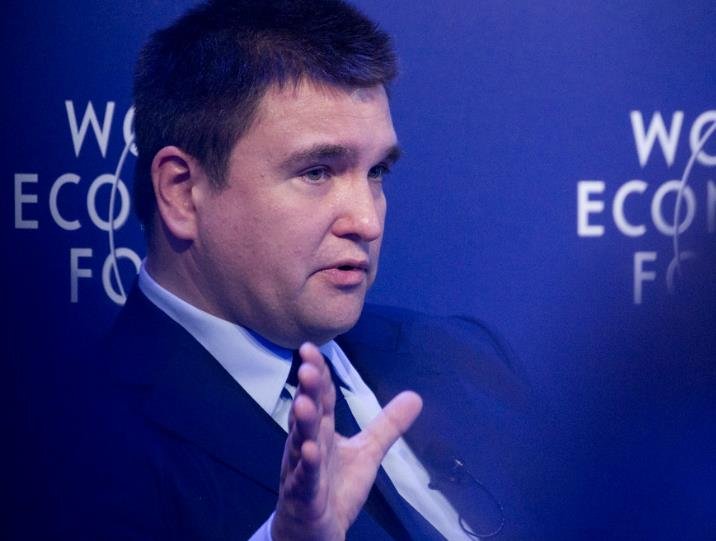US President Joe Biden and UAE President Sheikh Mohamed bin Zayed Al Nahyan recently discussed the progress of the India-Middle East-Europe Economic Corridor (IMEC) during a meeting at the White House. This ambitious project, launched at the 2023 G20 Summit, aims to connect India with Europe through the Middle East, promoting economic growth, clean energy distribution, and telecommunication. The leaders underscored the corridor’s potential to usher in a new era of international connectivity and emphasized their commitment to advancing sustainable practices and innovation.

A New Era of International Connectivity
The India-Middle East-Europe Economic Corridor is poised to transform global trade by creating a seamless connection between India and Europe via the Middle East. This corridor will utilize ship-to-rail connections through the UAE, Saudi Arabia, Jordan, Israel, and Greece, facilitating efficient and cost-effective transportation of goods. The project aims to enhance economic growth by reducing transit times and costs, thereby increasing trade volumes between Asia, the Middle East, and Europe.
President Biden and Sheikh Mohamed bin Zayed highlighted the corridor’s role in promoting clean energy distribution. By integrating renewable energy sources into the infrastructure, the corridor will support the transition to a low-carbon economy. This initiative aligns with global efforts to combat climate change and reduce greenhouse gas emissions. The leaders also emphasized the importance of telecommunication advancements, which will improve connectivity and support the digital economy.
The corridor’s development is expected to generate significant economic benefits for the participating countries. By improving infrastructure and connectivity, the project will attract foreign investment and create job opportunities. The enhanced trade routes will also support the growth of small and medium-sized enterprises (SMEs), contributing to economic diversification and resilience. The leaders reaffirmed their commitment to working together to realize the full potential of the corridor and ensure its success.
Strategic Partnerships and Economic Growth
The discussion between President Biden and Sheikh Mohamed bin Zayed underscored the importance of strategic partnerships in driving the success of the India-Middle East-Europe Economic Corridor. The collaboration between the US and UAE is a testament to the strong bilateral ties and shared vision for economic growth and development. The leaders highlighted the role of public-private partnerships in mobilizing resources and expertise to advance the corridor’s objectives.
The corridor’s development is part of a broader strategy to enhance regional connectivity and integration. By linking key economic hubs, the project will facilitate the flow of goods, services, and capital, boosting economic growth and competitiveness. The leaders emphasized the need for coordinated efforts to address logistical and regulatory challenges, ensuring the smooth implementation of the project. They also highlighted the importance of innovation and technology in driving efficiency and sustainability.
The corridor’s impact extends beyond economic growth, as it also aims to promote social and environmental sustainability. The integration of clean energy solutions and sustainable practices will contribute to the region’s environmental goals. The project will also support social development by creating job opportunities and improving access to essential services. The leaders reiterated their commitment to advancing these objectives and ensuring that the corridor delivers inclusive and sustainable benefits.
Future Prospects and Global Impact
The India-Middle East-Europe Economic Corridor represents a significant milestone in global infrastructure development. The project’s success will have far-reaching implications for international trade and economic cooperation. By creating a new trade route that connects Asia, the Middle East, and Europe, the corridor will enhance global supply chain resilience and reduce dependency on traditional routes. This diversification will mitigate risks and improve the stability of global trade networks.
The corridor’s development is also expected to strengthen geopolitical ties between the participating countries. By fostering economic interdependence, the project will promote regional stability and cooperation. The leaders emphasized the importance of maintaining open and transparent communication to address any challenges and ensure the project’s success. They also highlighted the potential for the corridor to serve as a model for future infrastructure initiatives, demonstrating the benefits of collaborative and sustainable development.
Looking ahead, the successful implementation of the India-Middle East-Europe Economic Corridor will require continued commitment and collaboration from all stakeholders. The leaders expressed optimism about the project’s prospects and reaffirmed their dedication to advancing its objectives. By leveraging their collective strengths and resources, the participating countries can achieve transformative outcomes that benefit their economies and the global community.
